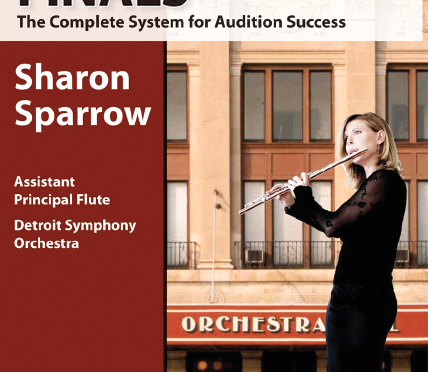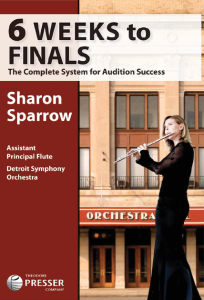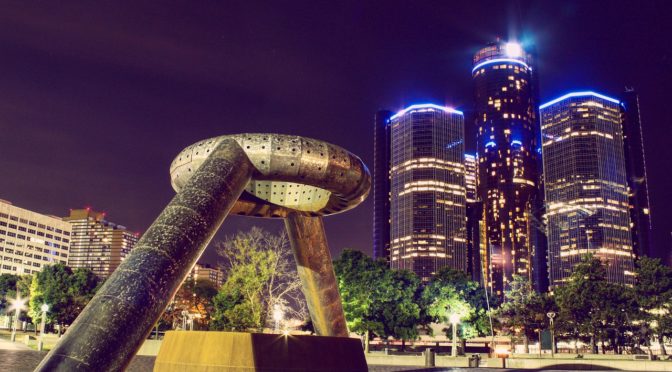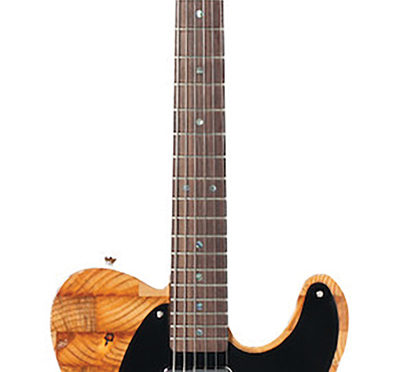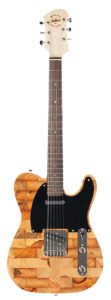At the end of January, ahead of schedule and pre-COVID-19, musicians and management of the Detroit Symphony Orchestra (DSO) had agreed on terms for a three-year contract, to go into effect September 7, 2020. The two sides have now agreed to a modification of the first year of that contract, with salary reduced to approximately 80%. Other language has been instituted to address the challenges of COVID-19—for example, musicians at higher risk for COVID-19 will not be required to perform in group settings, but will be required to perform alternative services.
Terms of the three-year contract include changes to health insurance premiums, with a set cost-sharing amount established for any premium increases; changes to audition rules, including setting a standard audition committee size of seven to nine members or 11 for the concertmaster position (auditions are postponed until they can be held safely); and changes to work rules, including a dress code that allows musicians to self-identify with regard to gender.
DSO musicians are members of Local 5 (Detroit, MI).


